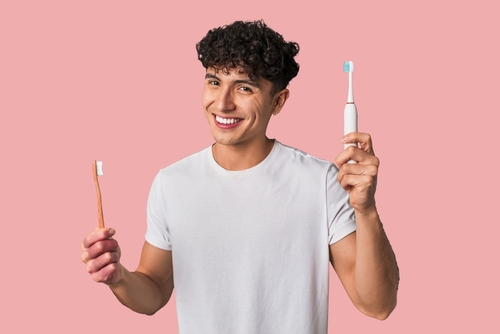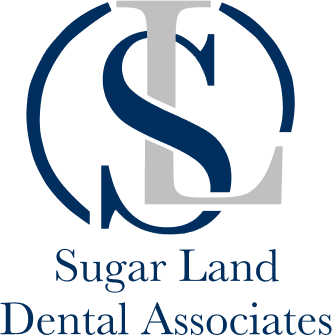
When it comes to oral hygiene, choosing the right toothbrush is essential. The debate between electric and manual toothbrushes has been ongoing, with both having their own set of advantages and drawbacks. Let us take a closer look at the pros and cons of each.
Electric Toothbrush
✅ Pros:
- More Effective Cleaning: Electric toothbrushes provide consistent, powerful strokes that help remove more plaque and reduce gingivitis.
- Ease of Use: The automated motion requires less effort, making it a great option for people with arthritis or limited dexterity.
- Built-in Timers: Many electric models include timers to ensure you brush for the recommended two minutes.
- Fun for Kids: Electric toothbrushes can make brushing more engaging for children, encouraging better habits.
❌ Cons:
- Costly: Electric toothbrushes are significantly more expensive than manual ones, and replacement brush heads add to the cost.
- Needs Charging or Batteries: Forgetting to charge it can be inconvenient.
- Less Portable: They take up more space and may not be ideal for travel.
Manual Toothbrush
✅ Pros:
- Affordable and Accessible: Manual toothbrushes are inexpensive and widely available.
- Portable and Convenient: No charging or batteries are needed, making them ideal for travel.
- Variety of Options: Available in different sizes and shapes to suit individual needs.
❌ Cons:
- Requires Proper Technique: Without the right brushing technique, it may be less effective at removing plaque.
- No Built-in Features: Lacks timers and pressure sensors that help improve brushing habits.
The Verdict
Both options can effectively clean your teeth when used correctly. If you prefer convenience and extra features, an electric toothbrush may be worth the investment. However, if you are on a budget and have good brushing habits, a manual toothbrush works just fine. The best toothbrush is the one you will use consistently!
